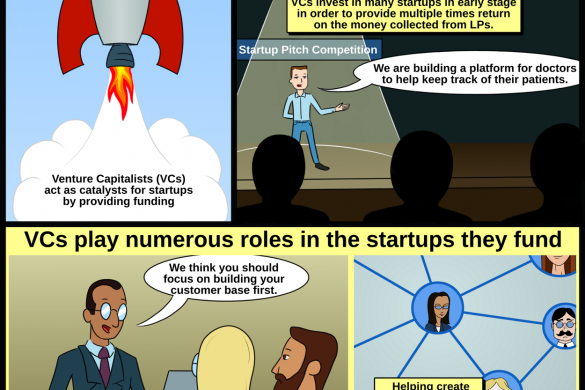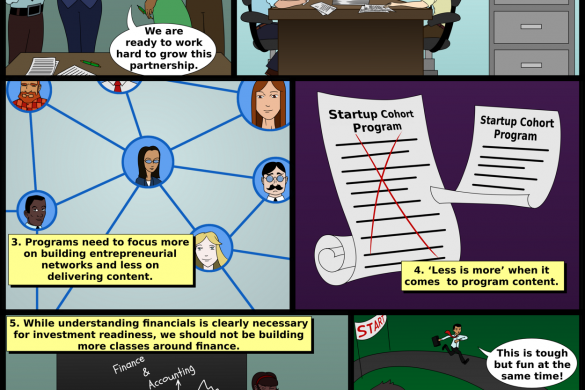
vector illustration of collage displaying progress and development of India
In the past few years, India’s technology startup scene has ballooned, catalyzed by the energy of hard working Indian youth. As a result, India is now home to the third largest number of tech startups globally, after the U.S. and China. A whopping 72% of startup founders are below the age of 35. And with 366 million 10-24 year olds – the world’s largest population of young people – India has a steady stream of future entrepreneurs.
These statistics are promising, but in order for Indian startups to scale into mega businesses, a concerted effort must made. As an active participant in the Indian startup ecosystem, I offer five courses of action for business leaders and policy makers to consider.
1. Improve Worker Skills
64% of Indian businesses have difficulty finding qualified employees, according to recent data from the OECD. To tackle the skills shortage and equip workers to help startups grow, Indian business leaders and government need to take a proactive approach to developing the skills of the future workforce through training programs, internships, and other educational opportunities. Initiatives like the Startup India Learning Program are steps in the right direction.
2. Create a Productive Company Culture
For the first few years of a startup, a small team will scramble to do everything it takes to build a business. This sense of working enthusiastically toward a common goal creates a sense of belonging and teamwork. However, as the company grows and new hires come on board, it becomes more difficult to keep replicating this sense of belonging, unless the company actively works on codifying and maintaining its culture. Moreover, the traditional Indian work culture often tends towards micromanagement rather than empowering employee autonomy. Managers need to provide employees with structure and then be able to trust them to implement the goals of the business.
3. Focus on Long Term Growth
Many startups in India do not focus on innovation, instead relying on Silicon Valley startups for inspiration. By doing this, these startups fail to focus on market needs or solving a real world problem. In addition, some startups are more concerned about making a quick buck and getting their fifteen minutes of fame and have not thought through their long-term strategy. Creating a world class company takes time and patience. In fact, on average, it takes seven years for a startup to become profitable. Startup managers would do well to think for the future, not just the now.
4. Create More Startup Ecosystem Enablers
Venture capitalists, angel investors, mentors and incubators are essential to nurturing and supporting the growth of a healthy and profitable startup ecosystem. Many large companies would have fizzled out without the support of these enablers. More entrepreneurs who have found success in the Indian startup community should consider giving back to the next generation of founders, by investing, mentoring, or starting an incubator. And many like the Mumbai Angels, the Indian Angel Network, and GSF, among others, already are making a huge impact.
5. Nurture Great Leaders
The startup community needs to think creatively about how to find and nurture the next great business and technology leaders. Business and government leaders need to take advantage of India’s huge population of young people, increasing their outreach to schools and other communities, and go beyond skills training in order to start nurturing the leaders of tomorrow.
India has the potential to transform itself from a low-middle income country and create jobs for its projected 1.7 billion population by 2050. The country’s huge pool of future leaders, its blooming startup scene, and its rapidly expanding economy—the world’s fastest—all point to the likelihood of this transformation. However, without the implementation and continuation of key strategic initiatives, like those mentioned above, this potential will be wasted. Ultimately, I view the future as promising and look forward to working with my fellow entrepreneurship community to make this a reality.







